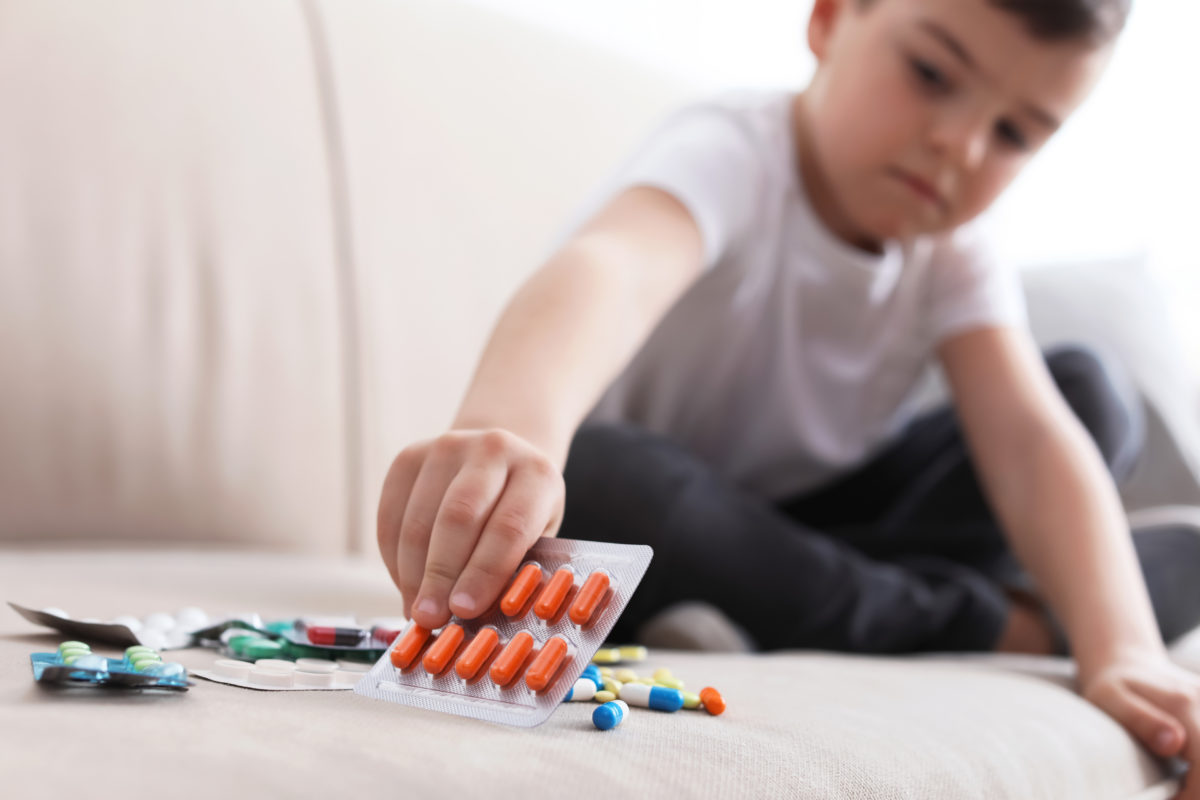Reducing the Risk of Medication Poisoning
In Canada, unintentional poisoning is estimated to cause about three deaths and 900 serious injuries each year among children aged 14 years and younger. About half of all poisonings happen to children under six years old. Among Canadians of all ages, poisoning is the fourth-leading cause of injury deaths and the fifth-leading cause of hospitalizations. The most common cause of poisoning is medication, both prescription and over-the-counter such as vitamins and supplements. Medicaitons that look or taste like candy, such as gummy-style vitamins, are particularly dangerous for children. For elderly adults the greatest risk is medication error – taking the wrong medications or the wrong dose.
Consider these tips to keep you and your family as safe as possible:
- Keep the telephone number of your local poison control centre displayed in your home and save it to your mobile phone’s contact list. The Manitoba Poison Control Centre and be reached at 1-855-776-4766 (1-800-POISON) 24 hours a day, 7 days a week.
- If someone is unconscious or having trouble breathing, call 911 immediately. Let them know if you suspect poisoning.
- Remember that “child-resistant” does not mean “child-proof.” Young children can often open medication bottles in just a few minutes. Even child-resistant containers must be kept in a locked cabinet.
- Be aware that not all households will be as safe as your own. Young children need to be carefully supervised in the homes of grandparents or other family members who may not have safety measures in place. Check with any visitors staying in your home to ensure their medications are safely stored and not left anywhere children can find them, such as in purses, pockets or unlocked suitcases.
- If you are elderly or cognitively impaired (due to illness, the side effects of prescribed medication, sleep deprivation or brain injury) your pharmacist can help you reduce the risk of medication errors by packaging your medication in appropriate daily dosages.
- Never take or administer medications in the dark – turn the light on and put your glasses on so you can check labels and avoid medication errors.
- Never take other people’s medications or share your own. Medications that are appropriate for one person can be potentially harmful to another person.
- Return any unused or expired medication to your pharmacist for safe disposal.
Remember that your pharmacist is a medication expert, on both prescription and over-the-counter medications, and is available to answer any questions you may have. For more information on how to poison proof your home visit http://www.hsc.mb.ca/files/MPC_ProofHomeENG.pdf

